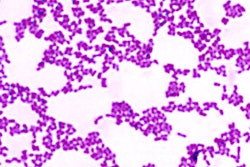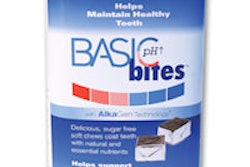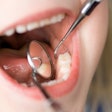Candies containing a novel formula of arginine bicarbonate and calcium carbonate reduced decayed, missing, and filled surfaces by two thirds in a new study on children's molars.
A team of researchers at the State University of New York (SUNY), Stonybrook have trademarked their formula as CaviStat and have licensed it to specialty pharmaceutical firm Ortek Therapeutics of Roslyn Heights, NY, which is seeking approval from the FDA to market the candy as a cavity-fighting drug under the name BasicMints. CaviStat is already on the market as a desensitizing agent under the name SensiStat.
In the study -- published in the March issue of the Journal of Clinical Dentistry -- 96 Venezuelan children aged 10 and 11 sucked four mints fortified with CaviStat per day. A control group of 99 children sucked on sugarless mints without CaviStat. At the end of a year, the CaviStat group had 61.7 percent fewer decayed, missing, or filled surfaces in molars than the placebo group, the researchers reported.
Arginine is an amino acid that causes bacteria to produce base, counteracting the acid that demineralizes teeth, the researchers write. The bicarbonate produces an additional buffering effect, while the calcium carbonate provides a source of calcium to replace any that is dissolved in acid.
The study was funded by Ortek, where lead researcher Israel Kleinberg, D.D.S., Ph.D., a SUNY professor of oral biology, serves on the board of directors.



















